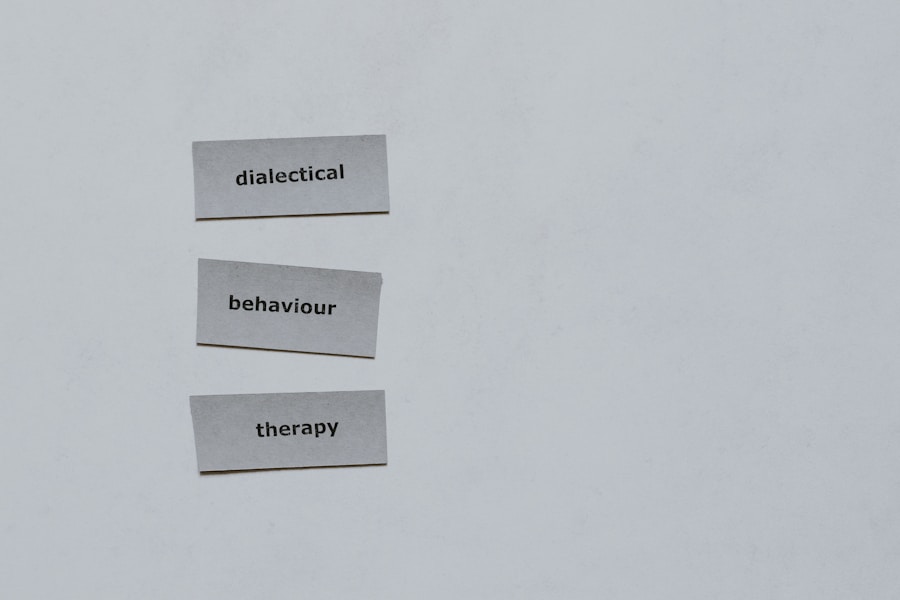ESCAPING THE NARCISSIST
Are you trapped in a toxic relationship? It's time to reclaim your life and find healing. ESCAPING THE NARCISSIST: HOW TO HEAL AND RECOVER FROM NARCISSISTIC ABUSE IN RELATIONSHIPS is your guide to breaking free and starting your journey towards recovery.
Don't let the pain control you any longer. Take the first step today and discover the strategies to overcome emotional abuse and rebuild your life. You deserve happiness and peace.
Start Your Healing Journey TodayNarcissism is a personality disorder characterized by a grandiose sense of self-importance, a constant need for admiration, and a lack of empathy for others. People with narcissistic traits often have an inflated sense of their own abilities and achievements, and may be preoccupied with fantasies of unlimited success, power, brilliance, beauty, or ideal love. They often believe that they are special and unique, and may require excessive admiration from others to validate their self-worth. While some level of narcissism is common in all individuals, it becomes problematic when it interferes with the person’s ability to function in relationships and society.
Narcissistic individuals may also have a sense of entitlement, expecting special treatment and feeling that they deserve more than others. They may exploit others to achieve their own goals, and lack the ability to recognize or identify with the feelings and needs of others. This can lead to difficulties in maintaining healthy relationships, as the narcissistic individual may struggle to form genuine connections with others. It is important to note that narcissism exists on a spectrum, and not all individuals with narcissistic traits will meet the criteria for a diagnosis of Narcissistic Personality Disorder (NPD). However, even those with milder narcissistic traits can still exhibit harmful behaviors in their relationships.
The Psychology Behind Narcissistic Behavior
The psychology behind narcissistic behavior is complex and multifaceted. At its core, narcissism is often rooted in deep-seated feelings of insecurity and inadequacy. The grandiose facade that narcissists present to the world is often a defense mechanism to protect themselves from feelings of worthlessness and shame. By projecting an image of superiority and invincibility, they are able to shield themselves from the vulnerability that comes with acknowledging their own flaws and limitations.
Additionally, narcissistic behavior can also be attributed to early childhood experiences, such as neglect, abuse, or overindulgence. These experiences can shape the individual’s sense of self and their ability to form healthy attachments with others. For example, a child who is constantly praised and told they are special without being held accountable for their actions may grow up with an inflated sense of entitlement and an inability to empathize with others. On the other hand, a child who is neglected or abused may develop a deep-seated fear of being vulnerable and may resort to narcissistic behaviors as a means of self-protection.
The Role of Jealousy in Narcissistic Relationships
Jealousy plays a significant role in narcissistic relationships, as it is often used as a tool for manipulation and control. Narcissists are known for their intense need for admiration and validation, and when they feel threatened by the attention or success of others, they may resort to jealousy as a means of asserting their dominance. In romantic relationships, this can manifest as jealousy towards a partner’s friendships, career success, or even their own personal growth.
Furthermore, narcissists may also use jealousy as a means of testing their partner’s loyalty and commitment. By provoking feelings of jealousy in their partner, they are able to gauge their level of control over the relationship and ensure that their partner remains emotionally dependent on them. This can create a toxic dynamic in which the partner feels constantly on edge and unable to pursue their own interests without fear of retaliation from the narcissist.
How Narcissists Use Jealousy to Maintain Control
Narcissists use jealousy as a means of maintaining control over their partners and asserting their dominance in the relationship. By provoking feelings of jealousy in their partner, they are able to keep them emotionally dependent and under their thumb. This can create a toxic dynamic in which the partner feels constantly on edge and unable to pursue their own interests without fear of retaliation from the narcissist.
Additionally, narcissists may also use jealousy as a means of testing their partner’s loyalty and commitment. By provoking feelings of jealousy in their partner, they are able to gauge their level of control over the relationship and ensure that their partner remains emotionally dependent on them. This can create a toxic dynamic in which the partner feels constantly on edge and unable to pursue their own interests without fear of retaliation from the narcissist.
Signs of Jealousy Manipulation in Narcissistic Relationships
There are several signs that may indicate that jealousy manipulation is occurring in a narcissistic relationship. These signs may include constant accusations of infidelity or disloyalty, attempts to isolate the partner from friends and family, and controlling behavior such as monitoring phone calls or social media activity. Additionally, the narcissist may use passive-aggressive tactics to provoke jealousy in their partner, such as flirting with others or making derogatory comments about their partner’s appearance or achievements.
Furthermore, the partner may feel constantly on edge and anxious about upsetting the narcissist, leading them to walk on eggshells around them. They may also feel guilty for having any success or happiness outside of the relationship, as the narcissist may react with anger or resentment towards any attention that is not directed towards them.
Coping Strategies for Dealing with Narcissistic Jealousy
Coping with narcissistic jealousy can be incredibly challenging, but there are strategies that can help individuals navigate these toxic dynamics. It is important for individuals to set boundaries with the narcissist and assert their own needs and desires. This may involve seeking support from friends and family, or even seeking professional help from a therapist who can provide guidance on how to navigate these difficult relationships.
Additionally, it is important for individuals to prioritize self-care and focus on building their own self-esteem and confidence. This may involve engaging in activities that bring joy and fulfillment, such as hobbies or exercise, and surrounding oneself with positive influences that can counteract the negative impact of the narcissist’s behavior.
Seeking Help: Support for Those Affected by Narcissistic Behavior
For those who are affected by narcissistic behavior, seeking help is crucial for navigating these difficult relationships. It is important for individuals to seek support from friends and family who can provide validation and understanding of their experiences. Additionally, seeking professional help from a therapist who specializes in narcissistic abuse can provide individuals with the tools and resources they need to heal from these toxic dynamics.
Therapy can provide individuals with a safe space to process their experiences and develop coping strategies for dealing with the impact of narcissistic behavior. Additionally, therapy can help individuals rebuild their self-esteem and confidence, and develop healthy boundaries that can protect them from further harm.
In conclusion, understanding the psychology behind narcissistic behavior and the role of jealousy in these relationships is crucial for navigating these toxic dynamics. By recognizing the signs of jealousy manipulation and developing coping strategies for dealing with these behaviors, individuals can begin to heal from the impact of narcissistic abuse and reclaim their sense of self-worth and autonomy. Seeking help from friends, family, and professional therapists is essential for those affected by narcissistic behavior, as it can provide them with the support and guidance they need to navigate these difficult relationships and heal from the trauma they have experienced.


